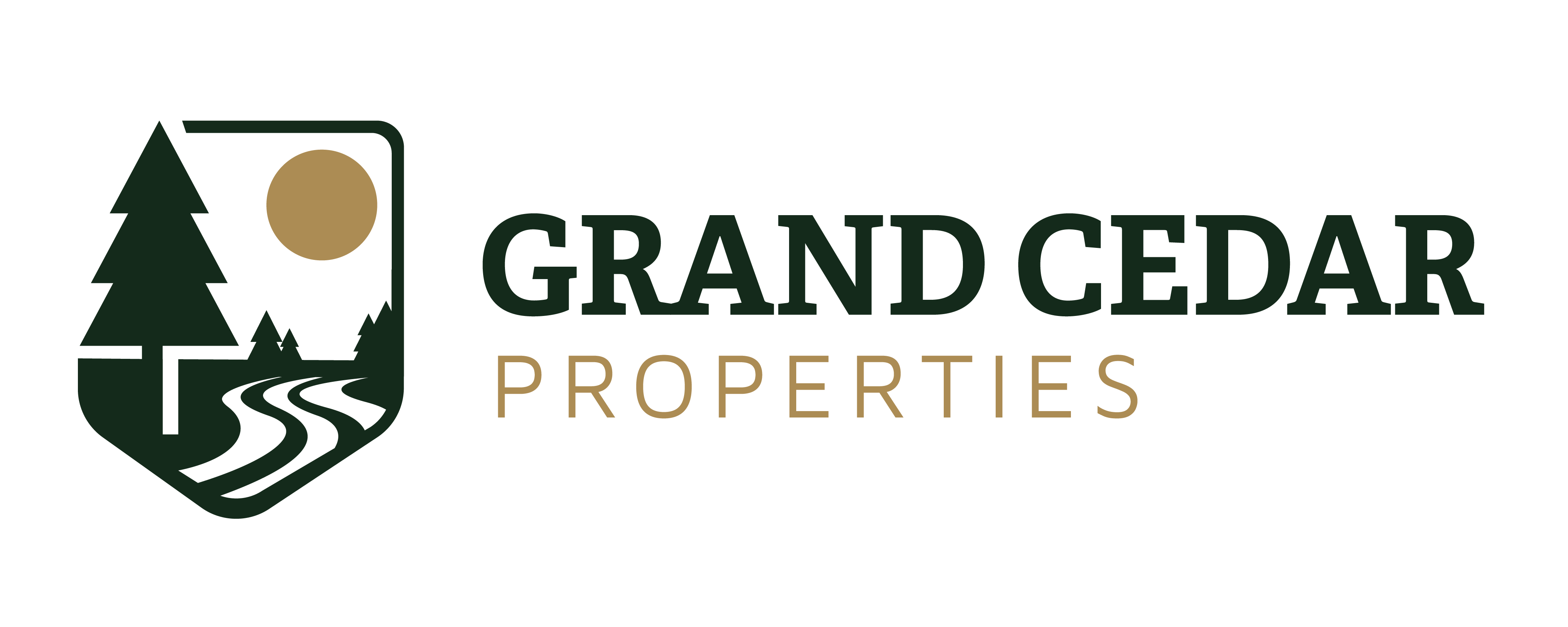Shopping for a mortgage lender is an important part of the homebuying process.
(Unless you’re ultra rich and plan to buy your home for cash…)
The lender you choose to work with, the type of loan you get, and the terms of the loan will all have a massive impact on how much your monthly mortgage payment is.
So how do you make the right choice?
In this guide, we’ll walk you through the steps to choosing a mortgage lender in Lansing. By the end, you’ll know everything you need to make an informed decision about which lender you should work with and what type of loan you should get.
Let’s dive in!
1. Check Your “Stats”
According to Fidelity, the 5 factors that determine if you’ll be preapproved for a mortgage loan are…
- Credit Score
- Debt-To-Income Ratio
- Down Payment
- Work History
- Value/Condition of Home
All of those things will impact whether you can get a loan or not… as well as how much and what type of a loan you can get.
Your credit score should be 620 or higher, your debt-to-income ratio should be significantly lower than 28% (before the mortgage payment), your down payment should (ideally) be around 20% of the price of the home, your work history should be respectable, the condition of the home should be excellent.
That’s ideal, at least.
But you can still get a loan with lower “stats” — different budgets, lenders, and loan types offer additional flexibility. Ask your lender about your options.
2. Determine Your Budget
How much you can afford to spend on a property will be determined by just three factors:
- How much you can afford as a monthly mortgage payment.
- How much of a down payment you can afford.
- What type of loan you’re getting.
It’s helpful to work the math backwards in private before finding a mortgage lender — how much do you want to spend every month? What number would you be comfortable with (regardless of what the lender says you should be comfortable with)? And how much of a down payment can you afford?
Bring those numbers to your mortgage lender and they should be willing to help you find a loan type and term that fits your specific situation.
3. Understand Home Loan Types
We’ve mentioned multiple times that there are different types of loans for different needs and budgets.
But what are the different types?
Here are five of the main ones, according to Bankrate.
- Conventional — This is a traditional home loan for your primary residence.
- Adjustable-Rate — This type of loan allows for very low interest rates early on.
- Fixed-Rate — These loans offer predictable and consistent monthly payments.
- Government-Insured — FHA, VA, and USDA are loan types that are insured by the government and more accessible for certain types of buyers.
- Jumbo — These mortgages are for borrowers who need to take out more money than the federal limit for a standard mortgage.
If you choose a savvy mortgage lender, then you’ll be able to discuss these different loan types with them and they’ll help you make an informed decision.
But before you do that…
4. Shop Different Lenders
We live in a society where the consumer has a lot of power — you can meet, vet, and ultimately choose which mortgage lender you want to work with.
And you should most certainly exercise that right!
Not all lenders will offer the same interest rates, the same support, or the same lending options as their counterparts.
So we recommend meeting with at least three different mortgage lenders and before making a decision. Ask some of the following questions…
- What type of loans do you offer for my specific situation?
- How much would you recommend that I spend on a home?
- What are the terms of your loans?
- How much do I need to spend on a down payment?
The more questions you ask, the better feel you’ll get for how the mortgage lender operates.
5. Get Preapproved
Before you seal the deal with a mortgage lender, they’ll offer to get you preapproved — which is basically giving you an estimate for how big of a loan you can get, what your interest rate will be, and how much your mortgage payment will be, assuming that everything checks out.
You can go through this process with multiple mortgage lenders before making a decision of who to work with.
6. Ask Lots of Questions
Finally, ask lots of questions.
The more questions you ask, the better you’ll undersatnd the lender and their sensibilities. If a lender shies away from answering your questions, that’s a red flag and we recommend looking elsewhere for the money to buy a home.
Final Thoughts
Before you buy a home, you need to find a mortgage lender.
And before you find a mortgage lender, you need to know what you’re looking for.
Here we’ve given you the information you need to start looking for a mortgage lender who’ll help you get the money for your next home — that means checking your “stats”, determining your budget in private, understanding different loan types, shopping different lenders, getting pre-approved, and asking lots of questions.
Hope that helps!
And if you want to know what you could get for your property by selling fast for cash, give us a call at 517-797-0129. We can buy your house as-is, and you pick the closing date.
